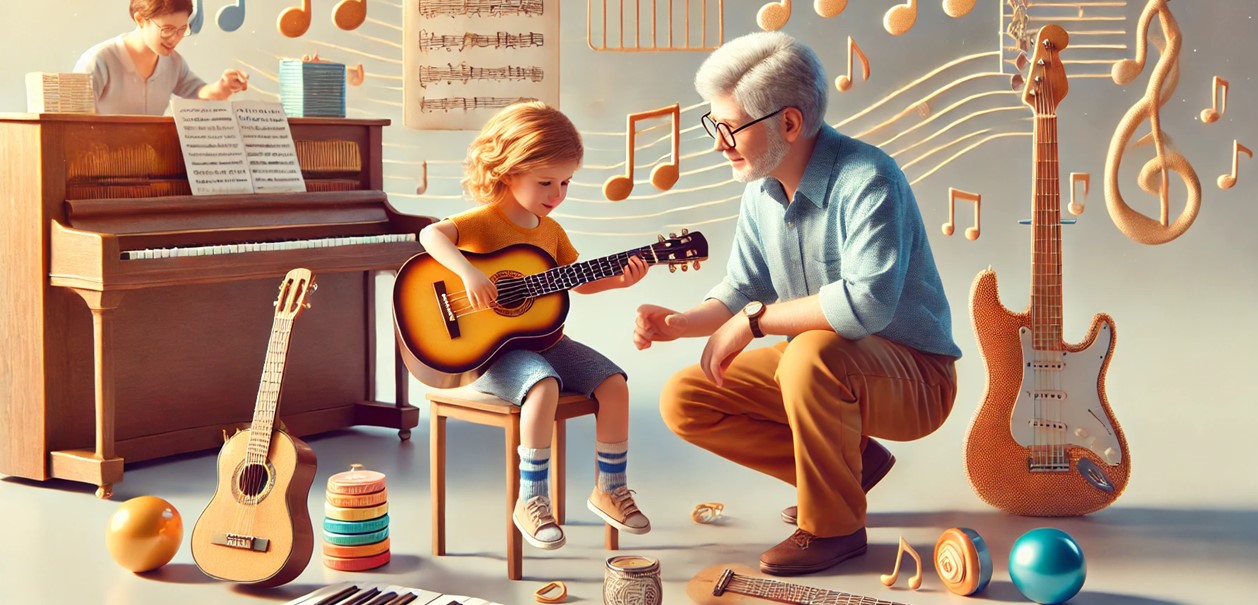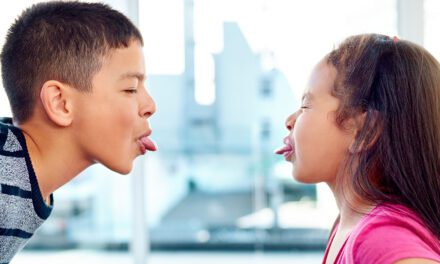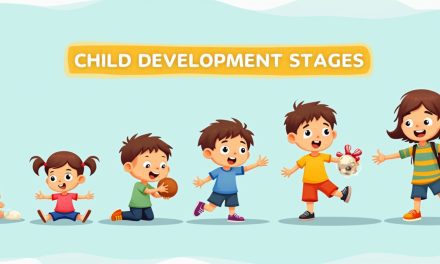Music plays a crucial role in shaping your child's development. More specifically, it influences various aspects such as cognitive abilities, emotional intelligence, social interaction, and academic performance.
You've probably heard that exposing your child to music early on can do wonders for their brainpower. The intricate patterns and rhythms in music work like a charm to stimulate neural pathways in the brain. This helps to boost their memory retention and problem-solving skills.
Music isn't just about sounds; it's a powerhouse for emotional intelligence. In fact, it helps kids express and understand their emotions through tunes and lyrics.
When your child engages in group music activities, they're not just making noise – they're learning important social skills. Such skills include cooperation, teamwork, and building solid relationships with their peers.
Research even shows a link between music education and better academic performance in math and language arts. So, by integrating music into your child's developmental journey, you're setting them up for success in multiple ways. This article provides a more detailed review of music’s impact on child development.
Cognitive Development
Your child's cognitive development gets a real boost from music – it's like brain fuel! Music can help them do the following:
- Pick up new skills
- Fuel brain growth
- Sharpen their problem-solving skills
- Boost their attention span
Listening to music is like a workout for the brain. It can fire up different parts of your child's brain, helping them improve their memory, language skills, and emotional intelligence.
And guess what? Playing a musical instrument takes things up a notch. It improves hand-eye coordination, fine motor skills, and multitasking ability.
Getting your child involved in music activities is a win-win. It gets them thinking critically, sparks creativity, and helps them make sense of different sounds and rhythms. All of this jazz positively impacts their overall cognitive development.
Language and Communication Skills
Music can profoundly impact your language and communication skills, especially when you're a child. It achieves this by:
- Improving linguistic development
- Boosting creative expression
- Improving communication through musical experiences
When you dive into the rhythms and melodies of music, you start to pick up on the building blocks of language. This can lead to stronger vocabulary and grammar skills as you recognize and absorb the language structure.
Whether singing, playing instruments, or just tuning in, engaging with music activates parts of your brain that handle language processing.
But it's not just about language – getting into music also sparks your creativity and emotional expression. It helps you convey your thoughts and feelings more effectively.
And when you're making music with others- like singing in a group or playing in a band- you're having fun and honing your interpersonal communication skills. It teaches you the value of teamwork and collaboration.
Emotional Development
Music can be a powerful tool for nurturing emotional development in children. It boosts their psychological well-being and fosters empathy. More importantly, it cultivates resilience by helping them recognize and regulate their feelings.
When kids are exposed to various musical genres and styles, it can help them identify and express their emotions more effectively.
Music isn't just about lifting spirits and reducing stress; it also helps create a sense of connection and empathy towards others. This is necessary to deepen their understanding.
Music's therapeutic effects can boost emotional intelligence and give kids the skills they need to handle complex emotions with resilience and strength.
Social Development
Music plays a pivotal role in fostering social development in children by:
- Promoting social interaction
- Encouraging teamwork
- Enhancing coordination through music and movement
- Fostering inclusivity and collaboration
Engaging in musical activities teaches you how to communicate effectively with your peers. You also learn to listen attentively to others and take turns during group performances, thereby improving your social skills.
Music introduces you to diverse cultural traditions and styles. As a result, you develop a greater appreciation for multiculturalism. In the same light, music promotes acceptance and understanding of different backgrounds and perspectives.
The collaborative nature of music creation and performance also teaches you the value of working together towards a common goal. In doing so, it instills a sense of teamwork and cooperation from a young age.
Physical Development
Music doesn't just shape your cognitive and emotional growth; it also greatly impacts your physical development.
When kids engage in musical activities like dancing, playing instruments, or clapping along to a beat, this fine-tunes their gross and fine motor skills. Those different movements needed to match the rhythm or tune in to a melody work those muscle groups. This then helps them to build strength and coordination.
The rhythmic flow of music can also help kids get a feel for timing and rhythm. This can lead to better coordination and balance in various physical activities. Combining those movements with musical games doesn't just make working out fun; it also boosts the overall well-being of children.
Want to learn more about the role of music in child development? If so, check out our website, Marvelus Kids.









